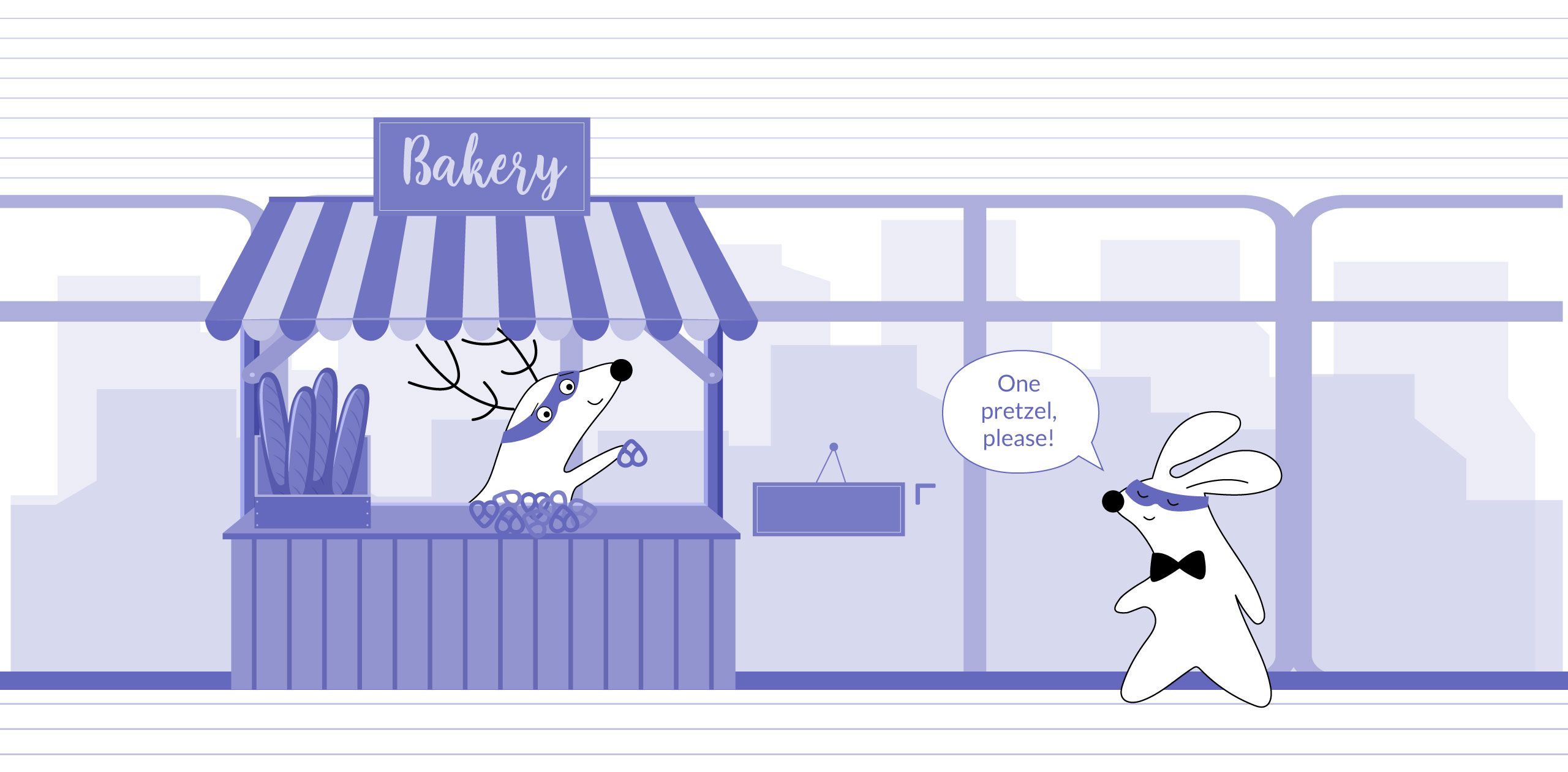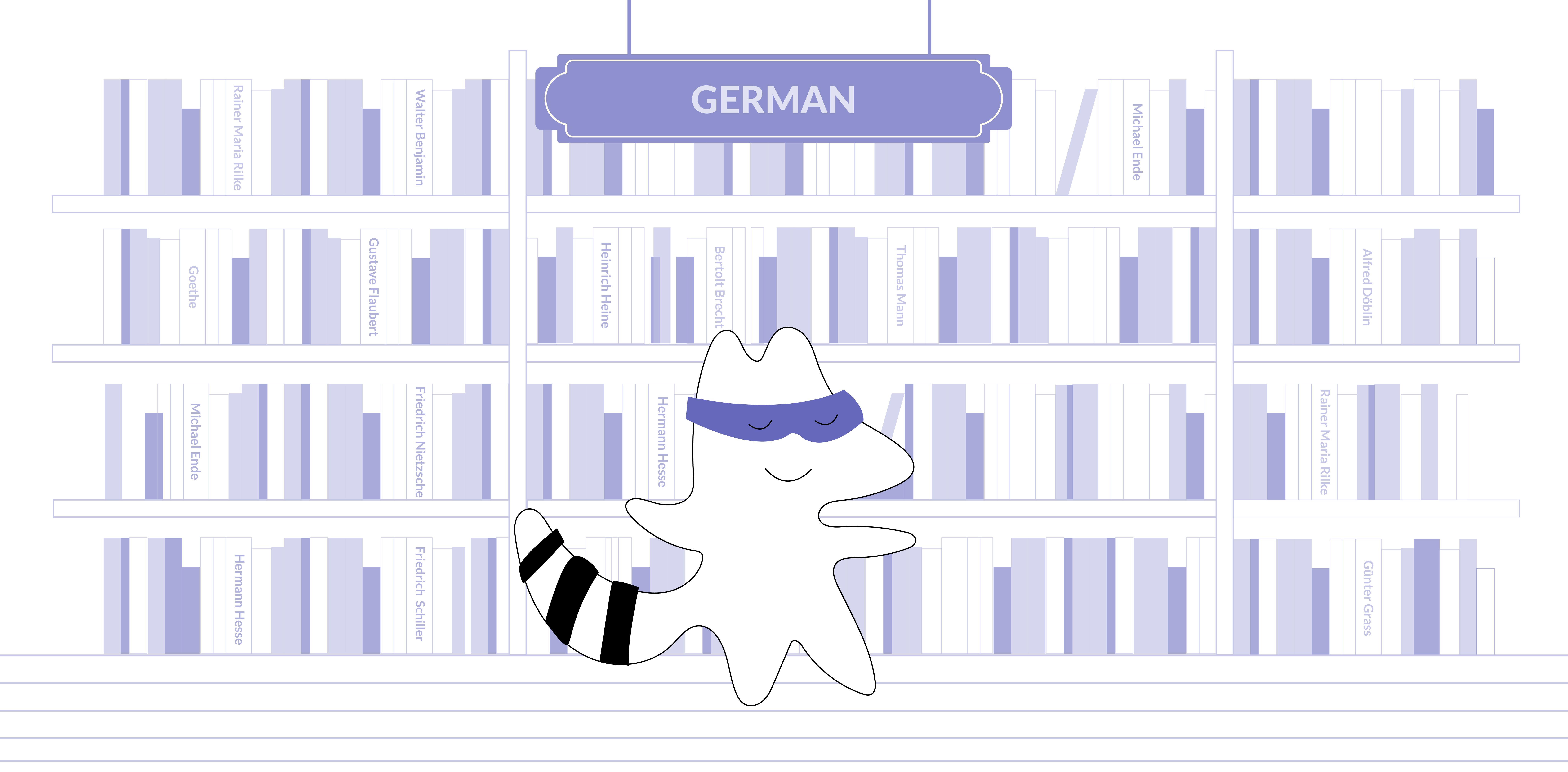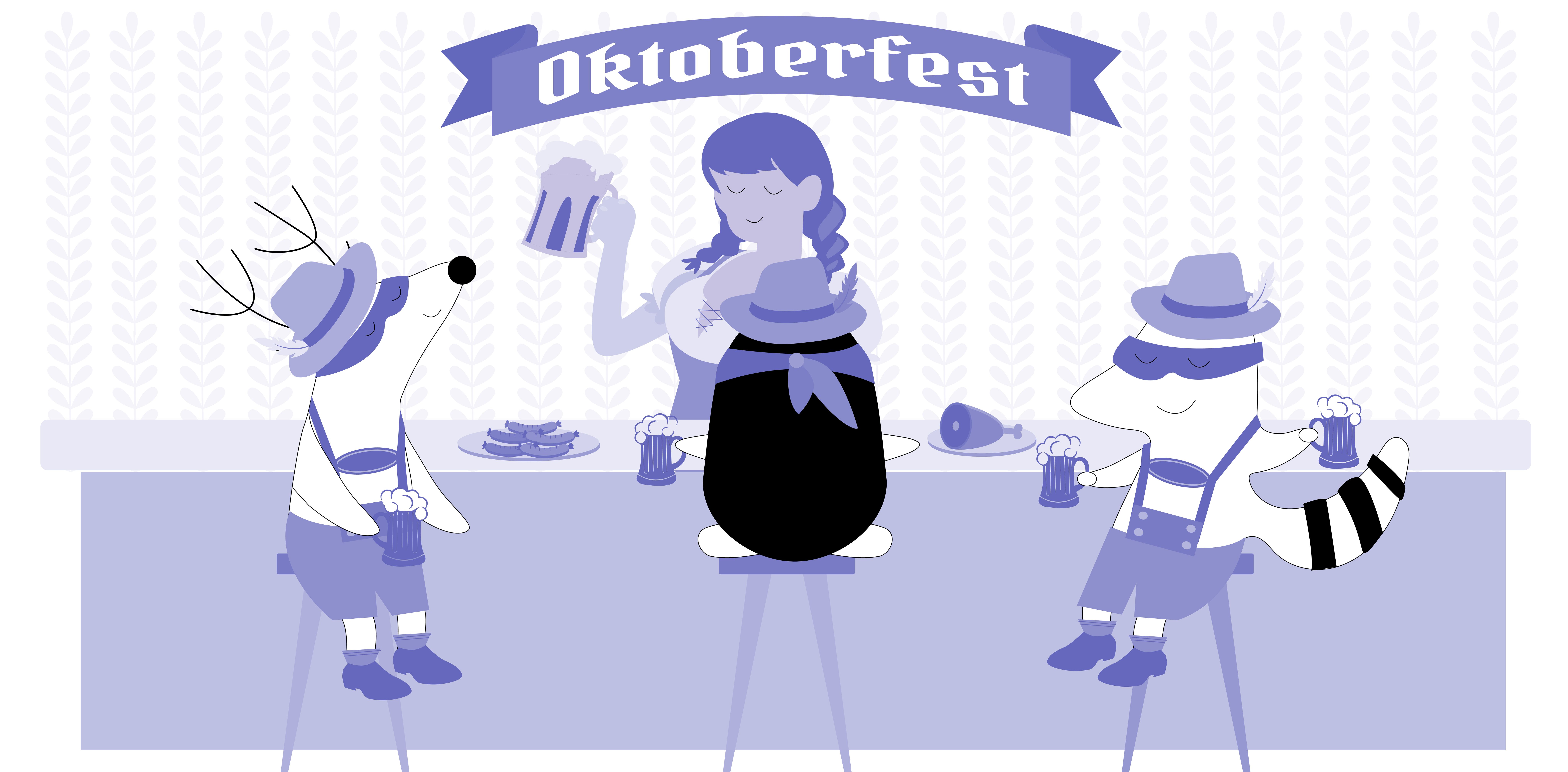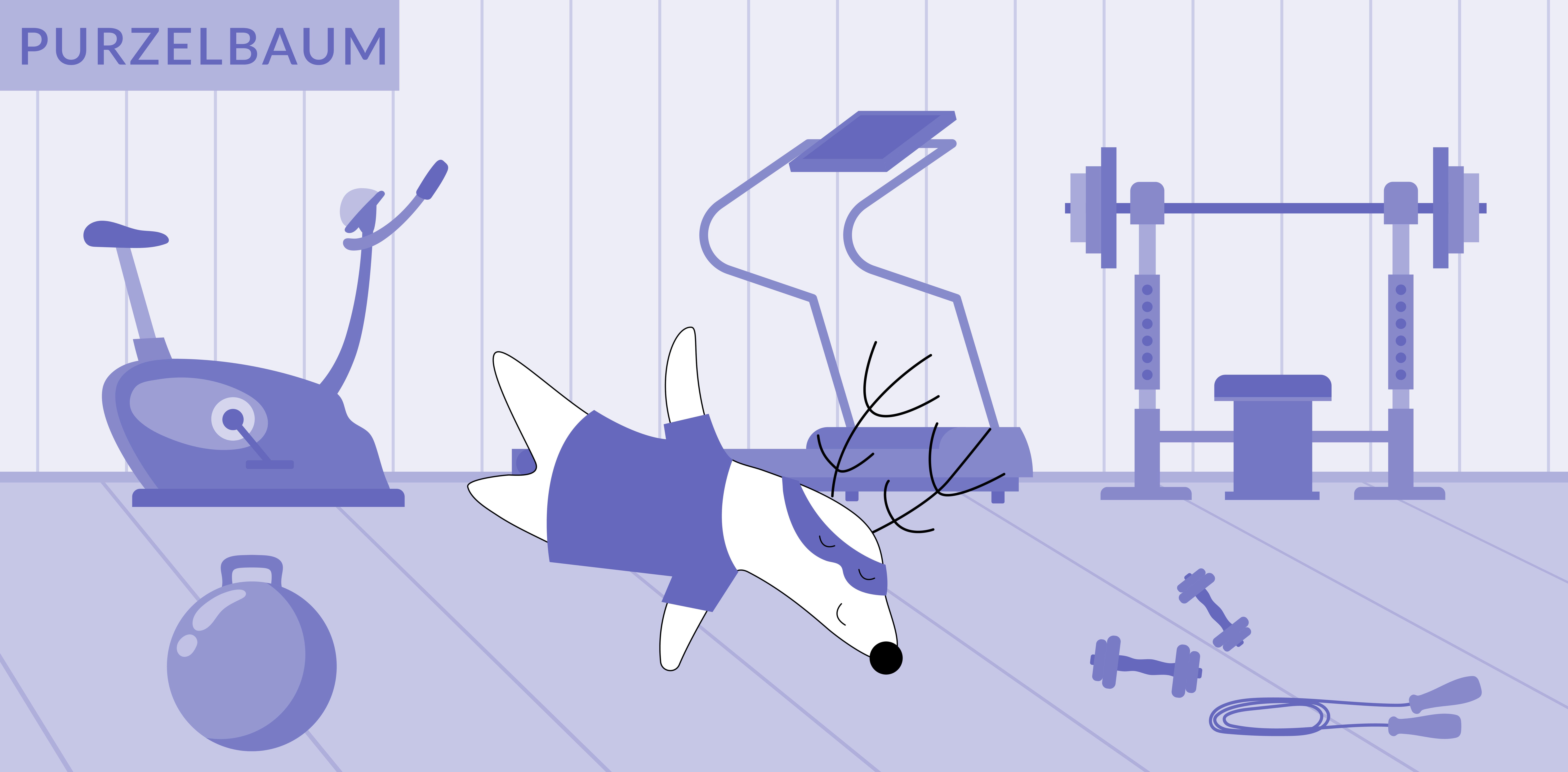
Language learning can often seem like a tedious process of memorizing vocabulary and nailing down grammatical rules.
But, there's a fun side to it as well, especially when you dive into the nuances of a language like German. This language is known for its compound words that, when translated literally, can result in some humorous interpretations.
In this article, we're going to explore some of these funny and even weird German words, their meanings, and how they're used in everyday conversation. So, buckle up for a linguistic ride that will not only expand your vocabulary but also tickle your funny bone.
Learn German with Langster
List of Funny German Words
German is known for its compound words, which often result in humorous literal translations. Let's take a closer look at some of our favorite fun German words:
Purzelbaum
First up, we have Purzelbaum, which directly translates to “tumble tree.”
This word is actually used to describe a somersault. So, if you're watching a gymnastics competition, you could say:
German
English
Schau mal, wie sie den Purzelbaum macht!
Look at how she does the somersault!
Schnapsidee
Next is Schnapsidee, or “booze idea.”
It refers to a silly or ridiculous plan, much like the ones people might come up with after having one too many drinks. If your friend suggests bungee jumping from the balcony, you could retort:
German
English
Das ist eine echte Schnapsidee!
That's a real booze idea!
Kummerspeck
Kummerspeck — literal translation “grief bacon” — refers to the extra weight one might gain from emotional overeating.
If you've been indulging in comfort food after a breakup and put on a few pounds, you might say:
German
English
Ich habe etwas Kummerspeck angelegt.
I've put on some grief bacon.

Holterdiepolter
Moving on, we have Holterdiepolter — the German equivalent of “helter-skelter.”
It's used to describe something done hastily and recklessly. For example:
German
English
Er rannte Holterdiepolter die Treppe hinunter.
He ran helter-skelter down the stairs.
Scheinwerfer
Scheinwerfer, translating to “shine-throwers,” is a funny German word for headlights. Use it like this:
German
English
Vergiss nicht, deine Scheinwerfer einzuschalten.
Don't forget to turn on your headlights.
Ohrwurm
Then there's Ohrwurm, with its literal translation to “earworm.” This is the term Germans use for a catchy song stuck in your head.
German
English
Dieses Lied ist ein echter Ohrwurm.
This song is a real earworm.
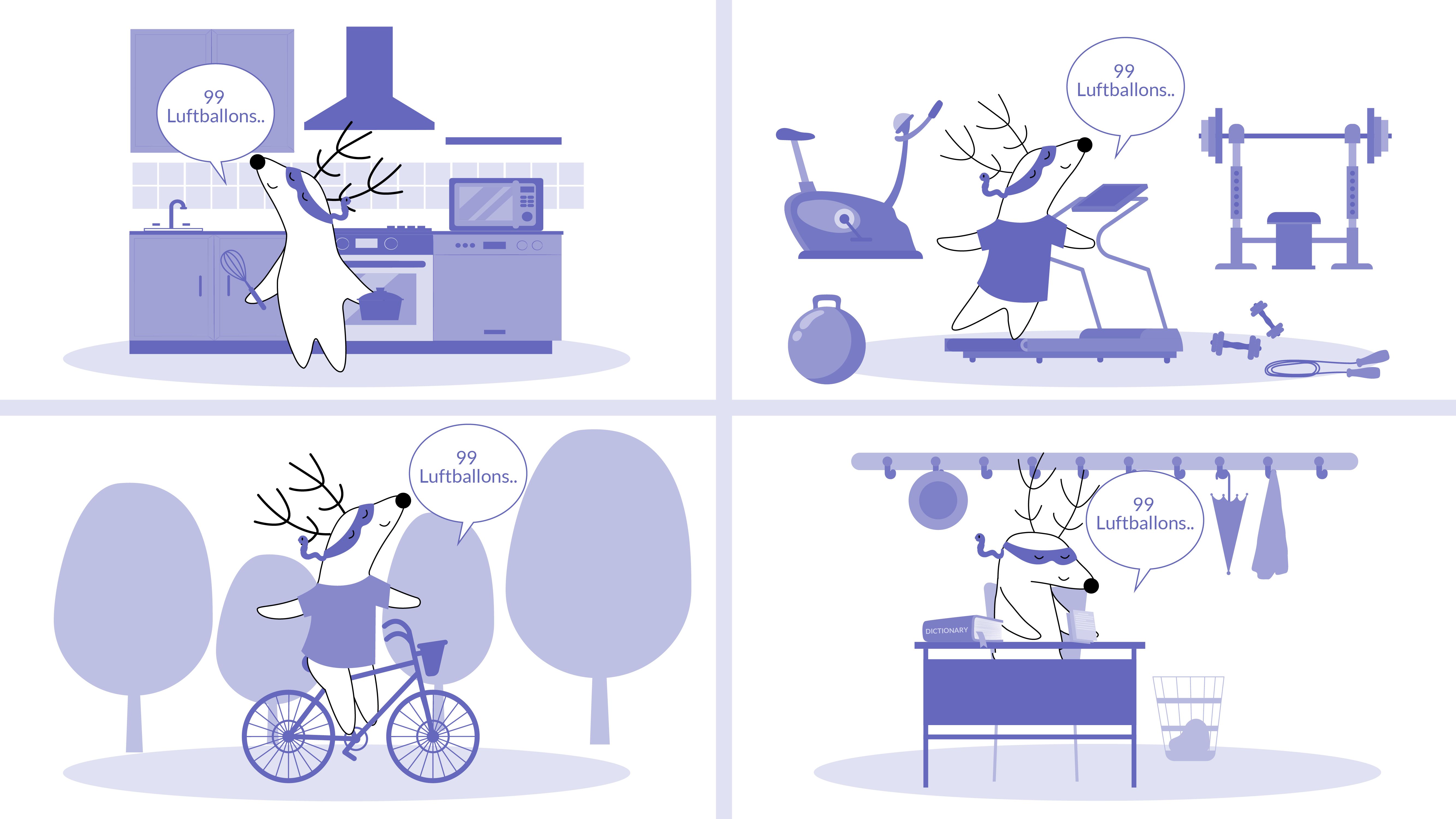
Wildpinkler
Wildpinkler, or “wild urinator,” is a humorous term for someone who urinates in public.
It's not exactly a word you'd use in everyday conversation, but it's good for a chuckle nonetheless!
Innerer Schweinehund
Lastly, we have Innerer Schweinehund — a few hilarious German words that translate to “inner pig dog.”
It's used to describe the inner laziness or resistance that often prevents us from doing things. For instance:
German
English
Ich muss meinen inneren Schweinehund überwinden, um ins Fitnessstudio zu gehen.
I need to overcome my inner pig dog to go to the gym.
Backpfeifengesicht
Backpfeifengesicht literally translates to “slap face.”
It's used to describe someone who is so annoying that they have a face that is asking to be slapped. For instance:
German
English
Er ist so nervig, ein echtes Backpfeifengesicht!
He's so annoying, a real slap-face!
Weichei
Weichei, translated as “soft egg,” is a playful term used to describe someone who is weak or cowardly. For example:
German
English
Hör auf, ein Weichei zu sein und mach das!
Stop being a soft egg and do it!
Erklärungsnot
Erklärungsnot means “explanation poverty.”
This word describes a situation where you're caught off guard and struggle to explain yourself. You might use it like this:
German
English
Als sie mich nach dem fehlenden Bericht fragte, war ich in Erklärungsnot.
When she asked me about the missing report, I was in explanation poverty.
Zungenbrecher
Instead of a more familiar English meaning, “tongue twister,” Zungenbrecher literally translates to “tongue breaker*.*” An example of its usage could be:
German
English
Sag diesen Zungenbrecher schnell dreimal hintereinander.
Say this tongue breaker quickly three times in a row.
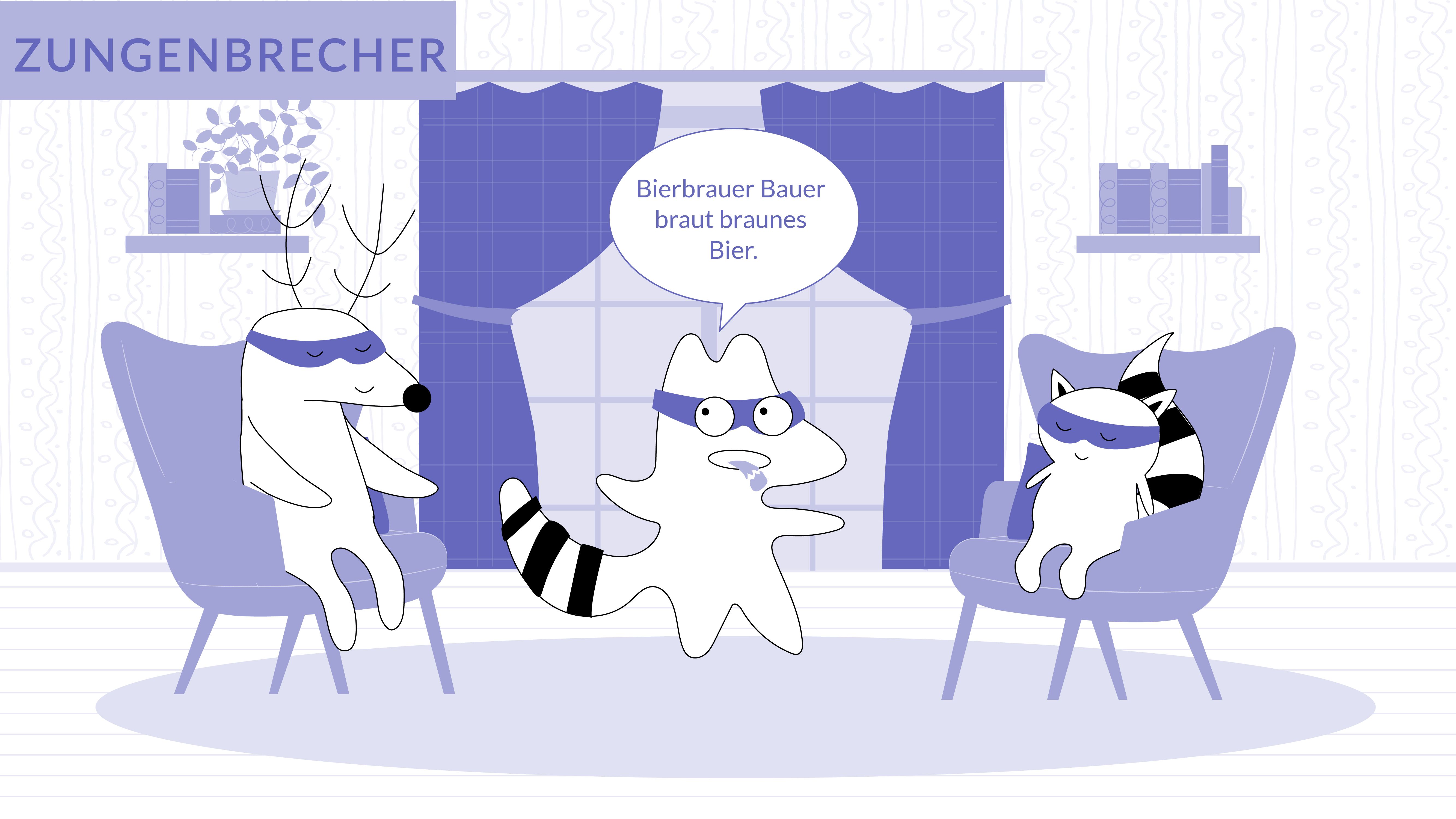
Schattenparker
Schattenparker — its literal English translation, “shadow parker,” is a humorous term used to describe someone who avoids risk or danger, much like a person who parks their car in the shade to avoid heat.
You might say:
German
English
Er ist ein Schattenparker, er nimmt nie Risiken auf sich.
He's a shadow parker, he never takes any risks.
Fremdschämen
Fremdschämen, known as “external shame,” refers to the feeling of embarrassment on behalf of others.
This is particularly used when someone else is oblivious to their embarrassing situation or behavior. For instance:
German
English
Ich fühle Fremdschämen, wenn ich ihn in der Öffentlichkeit tanzen sehe.
I feel external shame when I see him dancing in public.
These funny words not only add humor to your German vocabulary but also offer interesting cultural insights.
The Importance of Humor in Learning Languages
Humor is a powerful tool in the realm of language acquisition, serving multiple purposes that enhance the learning experience.
First, humor makes the learning process more enjoyable. It's easy to become overwhelmed by complex grammatical structures or the sheer volume of new vocabulary when learning a new language like German. Incorporating humor can alleviate this stress, making the process more fun and less daunting.
This not only enhances motivation but also improves learners' perseverance, making them more likely to stick with their studies even when they encounter difficulties.
Humorous words and phrases are often more memorable. Our brains are wired to remember information that elicits strong emotional responses, and laughter certainly qualifies.
By learning funny German words or jokes, you're more likely to remember vocabulary and usage rules associated with them, thus accelerating your language acquisition.
Moreover, understanding humor requires a grasp of cultural context, idiomatic expressions, and language nuances. Getting a joke in German means you've not just learned the language — you've also gained insight into the German culture and way of thinking.
Other than that, using humor can improve social interactions in the target language. Sharing a laugh can break down barriers and make communication more natural and relaxed.
If you can make German native speakers laugh with a well-timed joke or funny phrase, you're well on your way to becoming a proficient speaker who can navigate various social situations.
You can incorporate humor into your language learning routine by watching German comedies or stand-up routines, reading funny German books or comics, or learning jokes and funny phrases in German.
Regularly practice using these in conversation to enhance your fluency and pronunciation.
Remember: The goal is not just to laugh but also to learn.
The Bottom Line
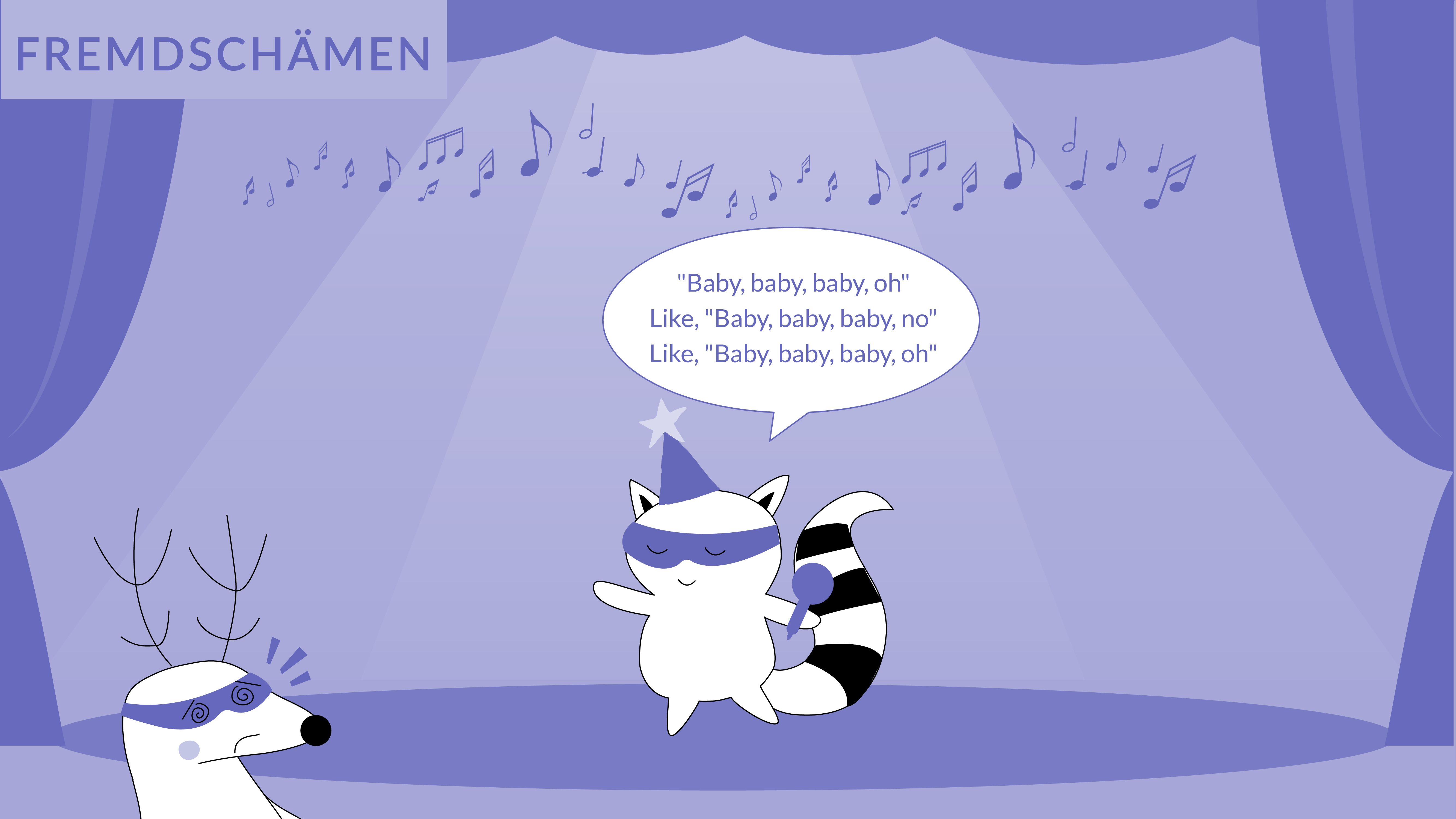
The German language is a treasure trove of humor, filled with words that can make you chuckle, giggle, or outright laugh. These funny German words not only lighten the mood but also offer a unique insight into the cultural nuances and linguistic creativity of the German-speaking world.
Far from being just amusing anecdotes, these words are valuable tools for language learners. They make the learning process more enjoyable, help students remember new vocabulary, and provide a deeper understanding of German culture.
Remember, language learning isn't just about grammar rules and vocabulary lists. It's also about the joy of discovering new ways of expressing ideas, the surprise of finding humor in unexpected places, and the satisfaction of understanding another culture on a deeper level.
So, download our Langster app to discover words, let them make you chuckle, and see how they can enhance your language learning journey!
Learn German with Langster







